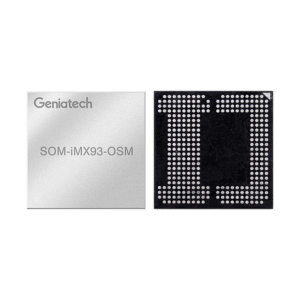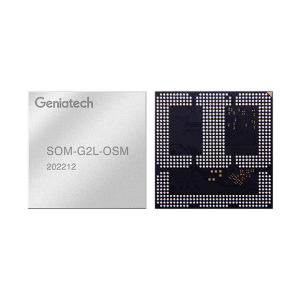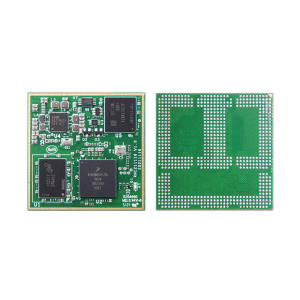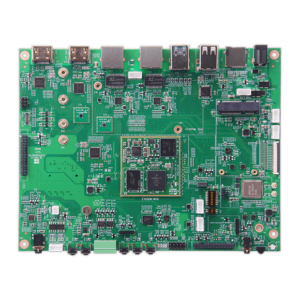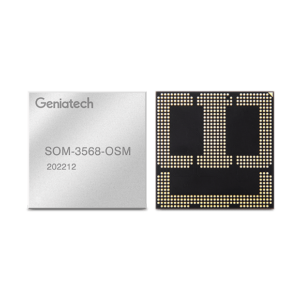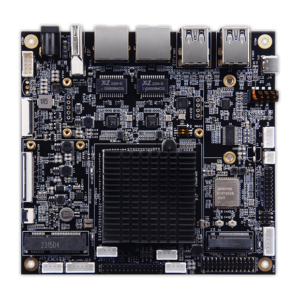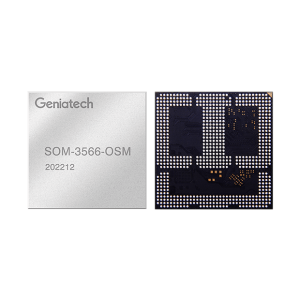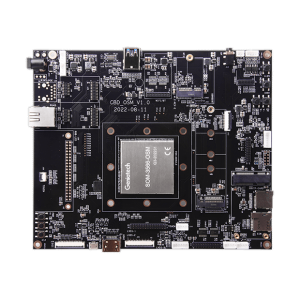OSM Modules
Geniatech’s Open Standard Module (OSM ) lineup offers high-performance, ultra-low-power embedded computing solutions in a compact design. These solder-on modules, ranging from 30x30mm to 45x45mm, feature processors from top ARM-based platforms such as NXP, Rockchip, and Renesas.
To streamline your development, Geniatech provides comprehensive development kits and versatile carrier boards for easier prototyping and testing. We also offer customized options for OSM modules, ensuring they precisely meet your specific needs and scalability requirements.
With their flexibility, scalability, and performance, Geniatech’s OSM modules are ideal for a wide range of embedded computing applications, including industrial automation, IoT/AIoT, edge computing, and multimedia systems.
